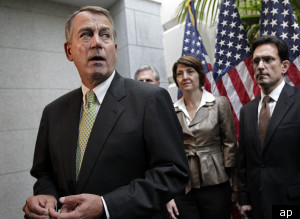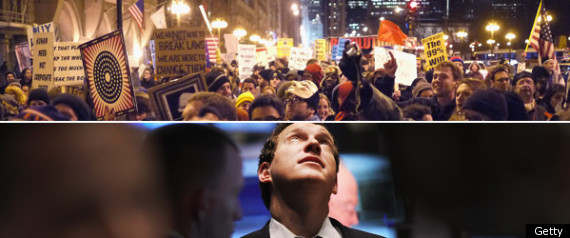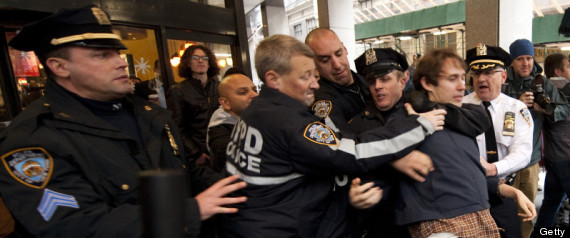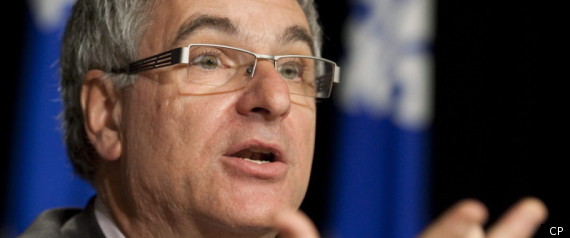 PARLIAMENT HILL—Stiff government limits on debate in Parliament that NDP MP Martin claims stirred him into cursing on Twitter spread into the Commons Justice Committee Thursday, where the Conservative majority took opposition MPs by surprise with a sudden motion to end detailed study of a controversial mega-crime bill by midnight.
PARLIAMENT HILL—Stiff government limits on debate in Parliament that NDP MP Martin claims stirred him into cursing on Twitter spread into the Commons Justice Committee Thursday, where the Conservative majority took opposition MPs by surprise with a sudden motion to end detailed study of a controversial mega-crime bill by midnight.The move prompted Liberal and NDP MPs to mount a filibuster, and as the day wore on to eat up committee time and stave off the Conservative committee closure, mixing allegations that the Conservatives were hijacking democracy with pointed complaints about how the 102-page crime bill, a consolidation of nine separate bills from the last Parliament, will radically transform Canada’s justice system into a punitive, lock-them-up-and-throw-away-the-key imitation of criminal laws and penal systems that are widely seen as a costly social and economic failure in the United States.
Despite heated exchanges the government move sparked, the two sides worked out a deal late Thursday to complete the final hearings over two days next week. But the opposition continued to insisted the legislation contains measures that are too important to deal with in one swipe and in one bill.
























